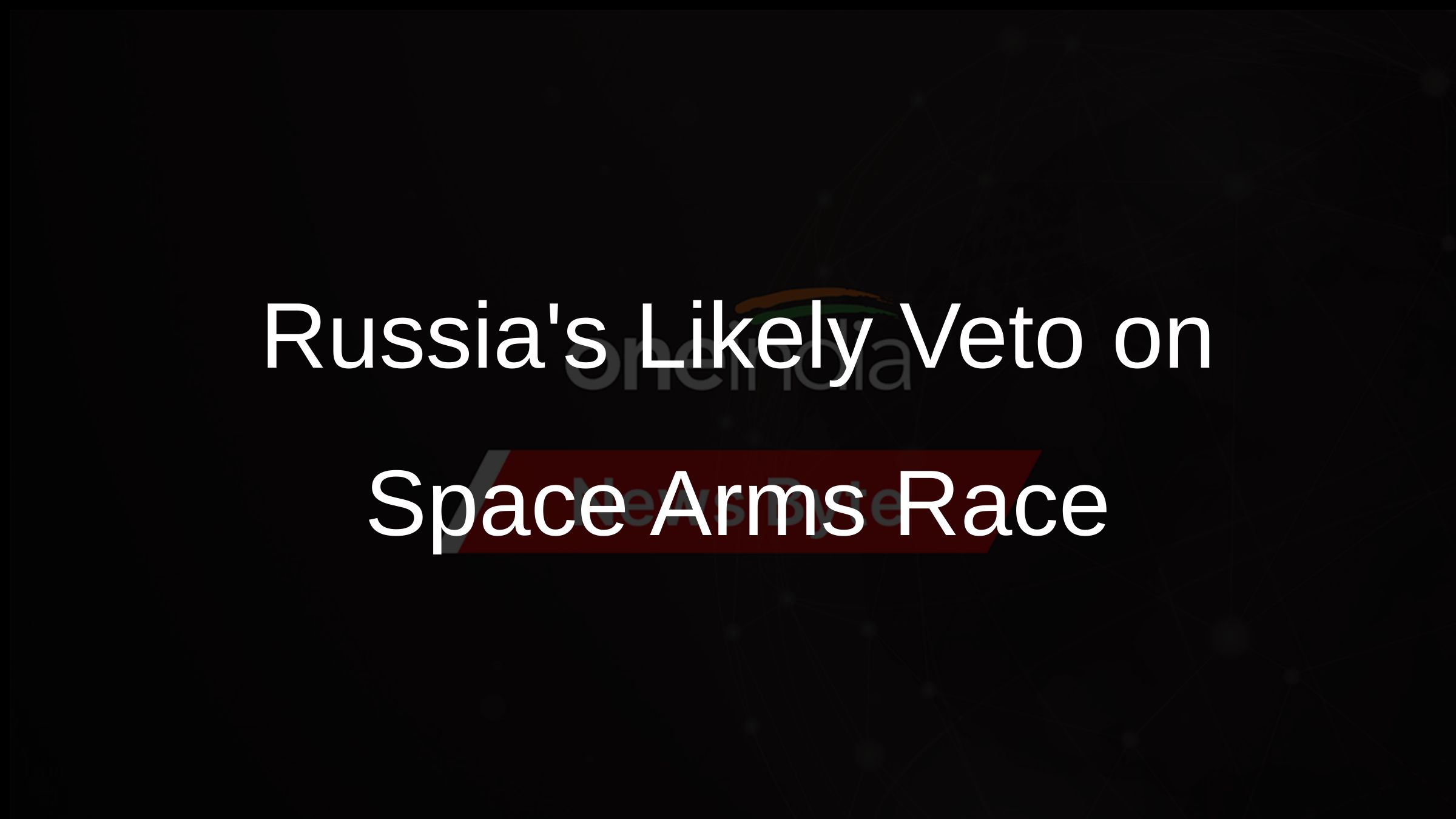Doha momentum grows, but US farmers wary
Washington, Jan 27: As hopes grow that world trade talks may yet be salvaged, US farm groups has voiced a note of caution, saying they won't support a deal that sacrifices too much state support for the promise of new exports.
British Prime Minister Tony Blair, one of a score of world leaders at a Switzerland summit this week, has reached out to counterparts in recent days with the hope negotiators can formally restart the Doha Round, the ambitious trade talks that foundered in July in an impasse over farm trade.
Brazilian President Luiz Inacio Lula da Silva went even further, saying he hoped for a deal in a matter of months.
How palatable a Doha deal is for U.S. agriculture will come down to ''what's going to happen to producer income,'' one farm lobbyist said yesterday.
''It's gotta be such a good deal that people are motivated to work for it,'' he said, requesting anonymity due to the sensitivity of the talks.
That means farm groups will weigh carefully the possible trade-offs on reducing the subsidies farmers receive -- now about billion a year -- and potential cuts to the tariffs their goods face in other nations.
U S farmers, expected to export a record 77 billion dollar in fiscal 2007, are supportive in principle of a Doha deal.
Still, ''there should be no further concessions by the United States ... until there are clear and visible benefits on market access for U S products,'' said Bob Cummings, an official at the USA Rice Federation.
That conditional support may be reflected in U S trade officials' guarded line, compared with some counterparts, on the prospects of a Doha deal anytime soon.
New
Clout
for
Developing
World
Details
of
talks
to
date
have
been
scarce,
but
after
a
series
of
recent
high-level
EU
visits
to
Washington,
speculation
has
mounted
about
a
possible
breakthrough.
Lobbyists are quick to point out the trade game has changed. Even the world's two biggest agricultural exporters, the United States and the European Union, cannot sew up a deal on their own as they face developing nations' increasing sway.
Countries like India and Brazil have spearheaded a push to get Washington to reduce subsidies even more than they have offered, while Washington counters that developing countries must do more to peel back duties, especially on priority goods they want to shelter from tariff cuts.
U S farm groups would also like stronger rules against ''nontariff barriers'' like safety requirements.
Lula underscored the humanitarian roots of the Doha Round, which was launched in 2001 as a way to give bankrupt and bereft countries a chance to fight poverty. In that spirit, he said, wealthy nations must make concessions.
Reuters


 Click it and Unblock the Notifications
Click it and Unblock the Notifications




